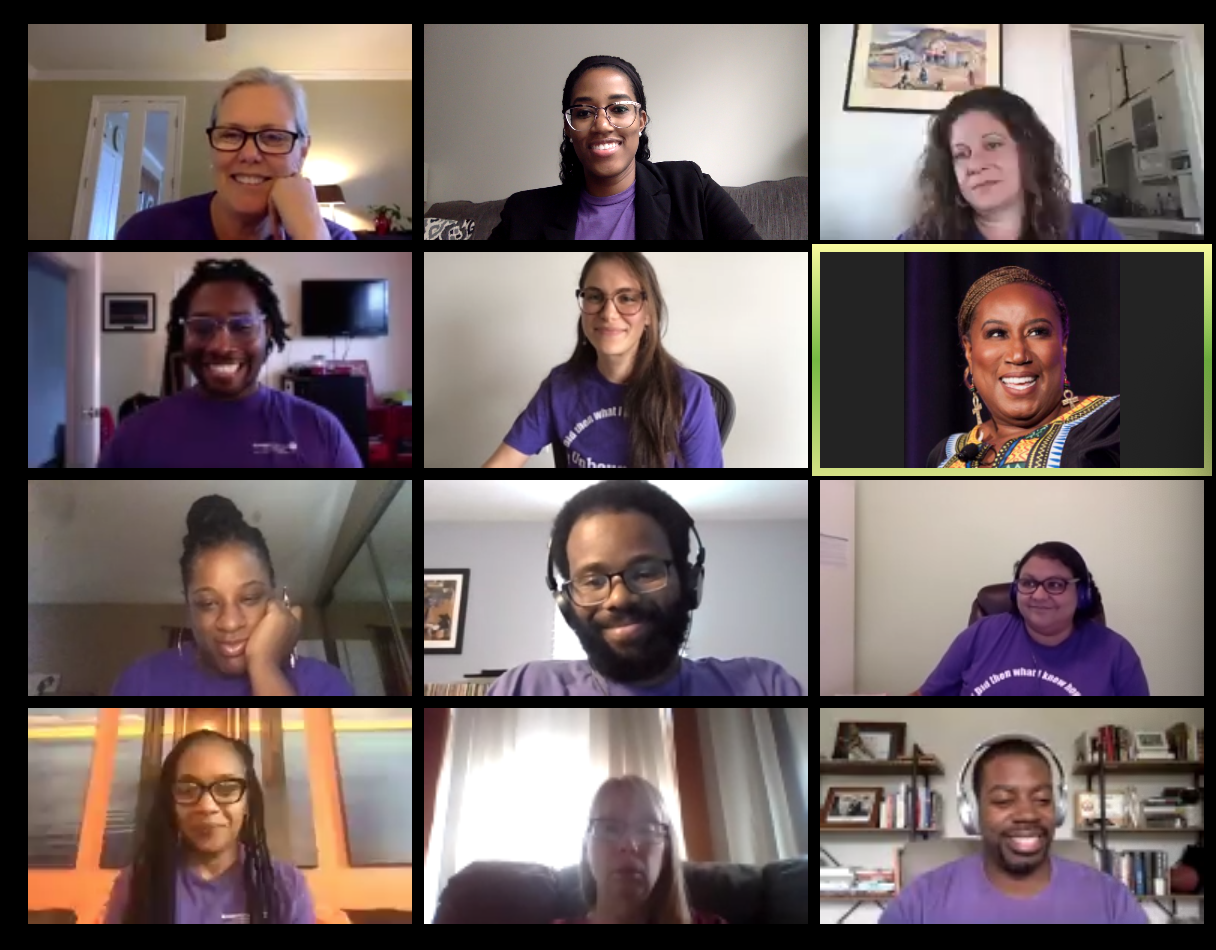It’s no secret that Black and Brown students have been denied equitable access to educational opportunities for several decades. Add a worldwide pandemic to the situation, and we’re seeing this provision gap further exacerbated; for example, the decisions about which students have access to in-person learning have adversely impacted Black and Latino students in particular. They deserve more.
Our marginalized students of color deserve consistent access to learning that is meaningful, engaging, and affirming grade-level instruction. To see change and build teachers’ capacity to provide this type of instruction, our work must start from the top. Over the last two years, we’ve welcomed school and central office leaders from across the country to be a part of our System Leader Academy and Equity Influencer Residency cohort programs. This year-long experience is structured for these leaders to examine their systems and structures and learn to create a culture where all students have access and opportunity to be successful.
Just recently, we welcomed our new cohort of over 100 system and building leaders representing districts across the state of Massachusetts, and from Stockton Unified (CA) to begin their journey of understanding equitable instruction amid the uncertain dynamics of schooling in the pandemic.

We believe that sustained and scaled change is possible through the development and aligned actions of educators throughout an organization, which is why the programs work in tandem to build a system’s capacity while training cohorts of leaders who become change agents for supporting effective, equity-focused instructional practices.
So, who are System Leaders and Equity Influencers?
System Leaders are responsible for making decisions related to curriculum planning and instructional support, such as a Chief Academic Officer. They also have the authority to make system-level decisions. That decision-making is essential to disrupt inequitable policies and procedures throughout their school district. Throughout the program, these leaders will build stakeholder teams that name and solve instructional practice problems and improve conditions of learning for faculty, staff, and students.
Equity Influencers work closely with the System Leader. Part of their role upon completing the program is to implement a tailored coaching model where they identify equitable and inequitable instructional practices. They serve in roles like department chairs and are primarily responsible for coaching teachers.
Over the next few months, we’ll take you behind the scenes of the 2020-2021 cohort journey as they navigate defining equitable ELA and math instruction in hybrid learning environments. We’ll hear from both participants and their facilitators as the group learns to articulate their role in disrupting systemic bias and racism. In the second part of this series, we talk about defining equitable ELA and Math Instruction.
If you would like to learn more about the programs and how your district can be involved during the 2021-2022 school year, we have additional information available.